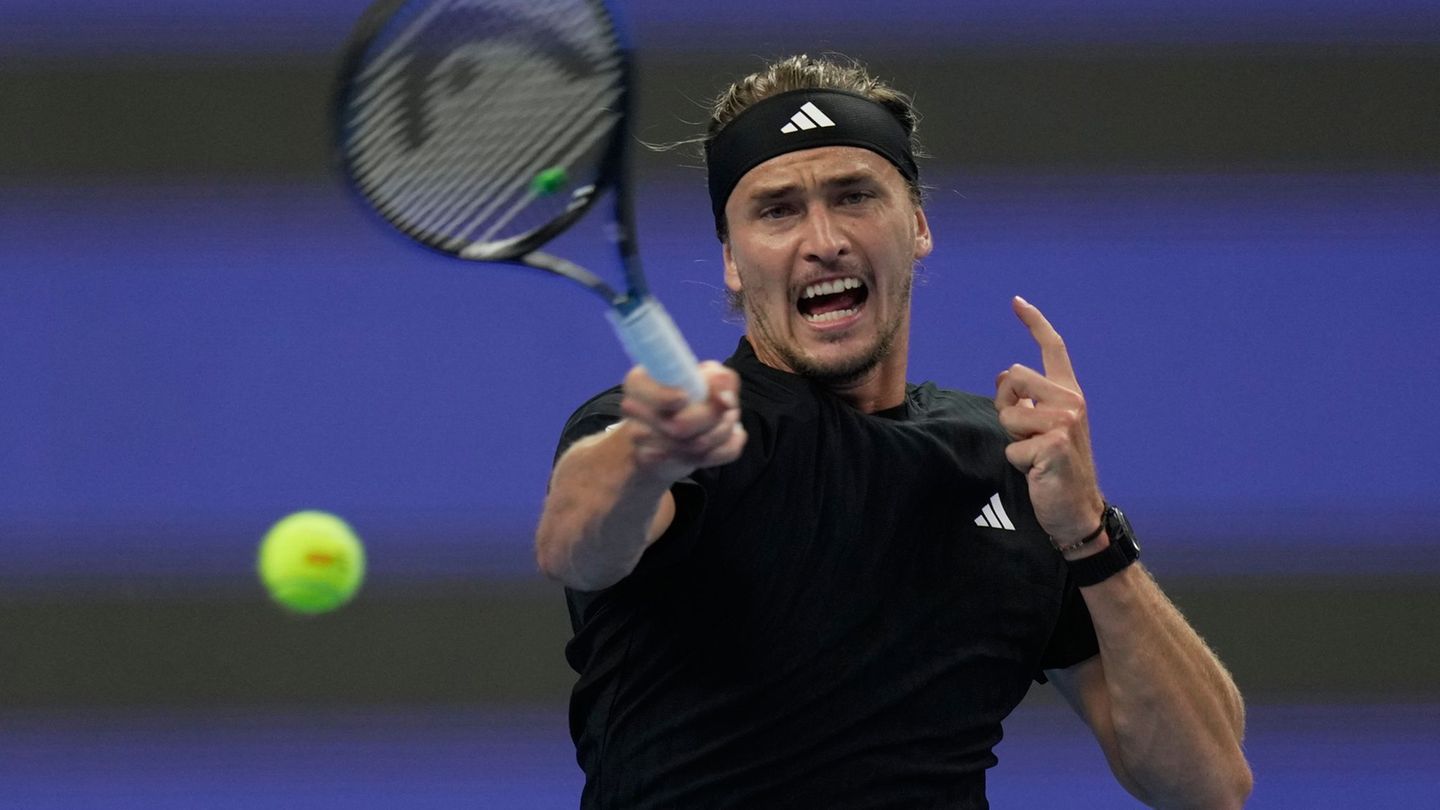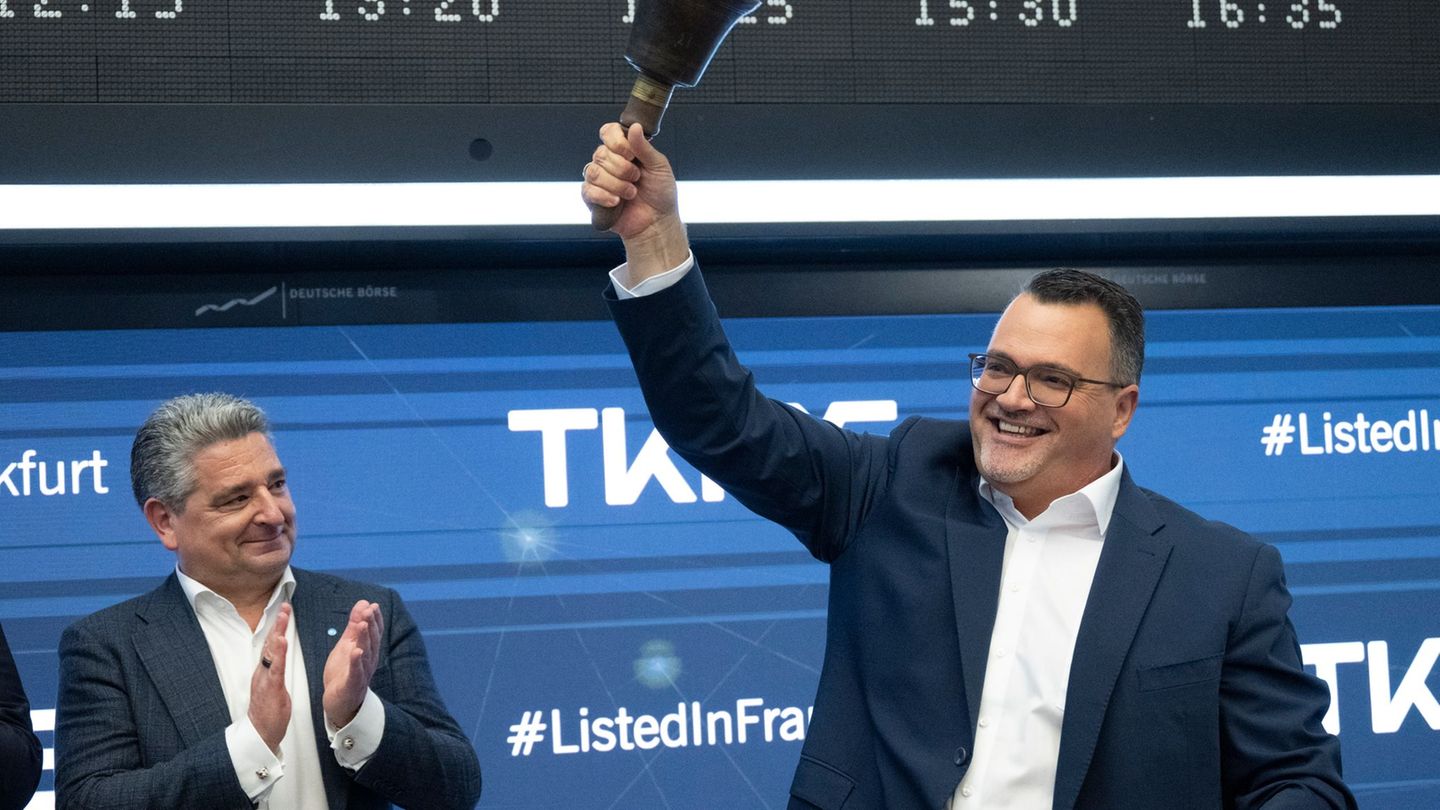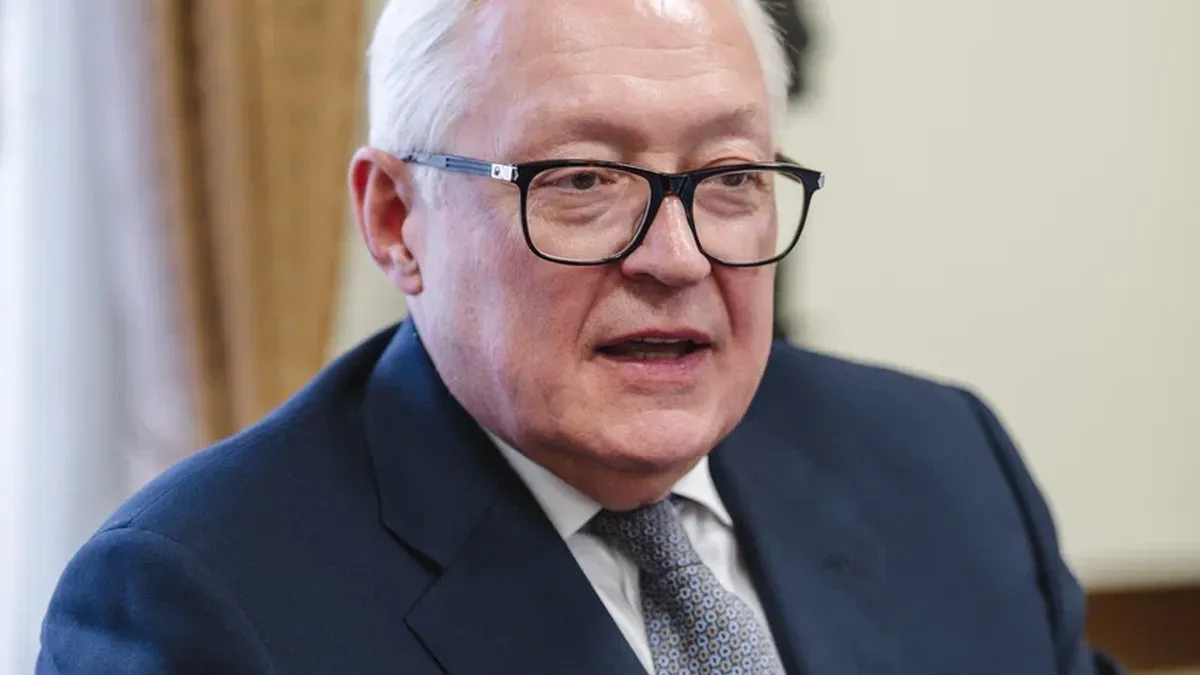One more game and the European Championship will be history. Before the big final, we look at trends and peculiarities of the tournament. One thing annoys the UEFA competition chief.
Only complaining as a captain, atmospheric fan marches and you don’t necessarily have to show great football for the final: Even before the big final showdown between Spain and England, key findings from the European Championship are emerging. Some things will be remembered, some may have concrete consequences for club football. What stood out and what remains from the tournament in Germany? A summary after 50 of 51 games:
Football Festival
Before the tournament, there were major concerns: Is a summer fairytale 2.0 possible? Will the European Championship develop into a big party comparable to the 2006 World Cup? Even though times were different back then and a comparison is difficult, one thing is clear: Yes, fans from all over Europe turned the tournament into a big football party.
Whether it was the singing Scots, the Dutch jumping from left to right or the Turks who were supporting each other frenetically: the European Championships often offered the footballing state of emergency that many had hoped for in the stadiums and city centers. It remained largely peaceful. There were a few clashes between rival fans, but the large-scale violence that was feared at some past tournaments did not occur.
Despite the bitter defeat in the quarter-finals against Spain, the German national team also contributed to the overall positive mood with committed and rousing performances.
Security instead of offensive spectacle
While the team of national coach Julian Nagelsmann received a lot of praise for its offensive style of play, some of the other favorites rumbled their way through the tournament. Some of them got their comeuppance early on, like the Belgians coached by Domenico Tedesco, who were knocked out in the round of 16. Others got far with a tactic based on defensive stability and control.
France only lost to Spain in the semi-finals, although the 2018 world champions had previously been unable to make use of the class of their strikers, including exceptional talent Kylian Mbappé. England can even dream of winning their first title in 58 years in the final on Sunday (9 p.m./ARD and MagentaTV).
Given the attacking potential of the most expensive European Championship team, including Bayern striker Harry Kane and Champions League winner Jude Bellingham, the Three Lions’ partly uninspired performances were alarming. Since they still made it to the final, the European Championship underlined the thesis that successful football does not necessarily have to be beautiful football.
Complaints only from the team captain
Only captain to referee: This new communication rule has proven successful at the European Championships and will also be applied in club football in the future. UEFA has already set this out for the European Cup competitions. Players who do not comply with this will be punished with a yellow card.
The rule, which is intended to prevent pack formations, among other things, could also be introduced in the Bundesliga. The head of the top referees at the German Football Association (DFB) will comment on the matter after the European Championships. However, the rule does not only have fans. National player Robert Andrich from German champions Bayer Leverkusen said during the tournament that he would probably “not” welcome the idea of adopting it for the Bundesliga.
Train and plane
The punctuality – or lack of punctuality – of Deutsche Bahn is probably one of the most popular topics of discussion and complaint in this country. During the European Championships, reports, especially from foreign fans and media, about train breakdowns, overcrowded platforms and numerous delays in long-distance traffic caused a stir.
Railway spokeswoman Anja Bröker attributed the deficits to infrastructure deficiencies, among other things, and told ARD during the tournament: “We were indeed not quite up to par, our traffic at the European Championships was not running smoothly.” Tournament director Philipp Lahm criticized the lack of investment in infrastructure.
Just this week, the Dutch team had to travel to the semi-finals from Wolfsburg to Dortmund by plane instead of by train due to a last-minute train cancellation. Other teams also opted for short-haul flights, thereby counteracting the tournament’s sustainability concept. “That’s not the most sustainable thing you can imagine,” said Barbara Metz from the German Environmental Aid on ZDF.
Technology
Technology that inspires – or not: A chip in the ball that shows when and how hard the ball was touched helps the referees at the European Championships in their decision-making. The German national team also benefited from this in the round of 16 match against Denmark. A cross from David Raum grazed the hand of the Dane Joachim Andersen in the penalty area.
After viewing the video images, the English referee Michael Oliver awarded a penalty, which Kai Havertz converted to make it 1-0. The new technology of the chip in the ball also helped with the video evidence. The former German national player Michael Ballack nevertheless sharply criticized the tool. “We can do away with this decisive thing that is shown there,” he said on MagentaTV. “We should still judge based on common sense.”
What was also striking was the more detailed explanations of VAR decisions on the video walls in the stadiums, in contrast to the Bundesliga. 3D animations were also used.
Speedster
A selfie with Cristiano Ronaldo: With this goal in mind, several fans stormed onto the pitch at the European Championships, causing crazy scenes. Things got particularly strange during Portugal’s 3-0 win against Turkey. The superstar was confronted with selfie-hunters several times during the game. After the final whistle, other fans tried their luck.
UEFA competitions chief Martin Kallen also spoke of streakers with other motives. He said that there was some commercial interest and that there were people who paid for it. Kallen found the streakers “very annoying” and said: “You should be able to play through a football match. But we lived with it and kept adapting so that we had fewer and fewer.”
Source: Stern
I am Pierce Boyd, a driven and ambitious professional working in the news industry. I have been writing for 24 Hours Worlds for over five years, specializing in sports section coverage. During my tenure at the publication, I have built an impressive portfolio of articles that has earned me a reputation as an experienced journalist and content creator.




